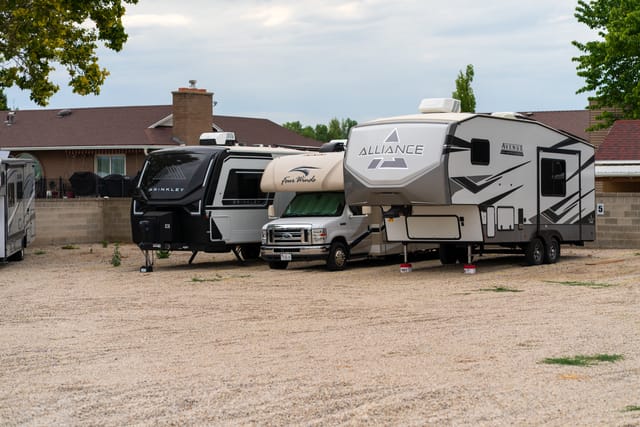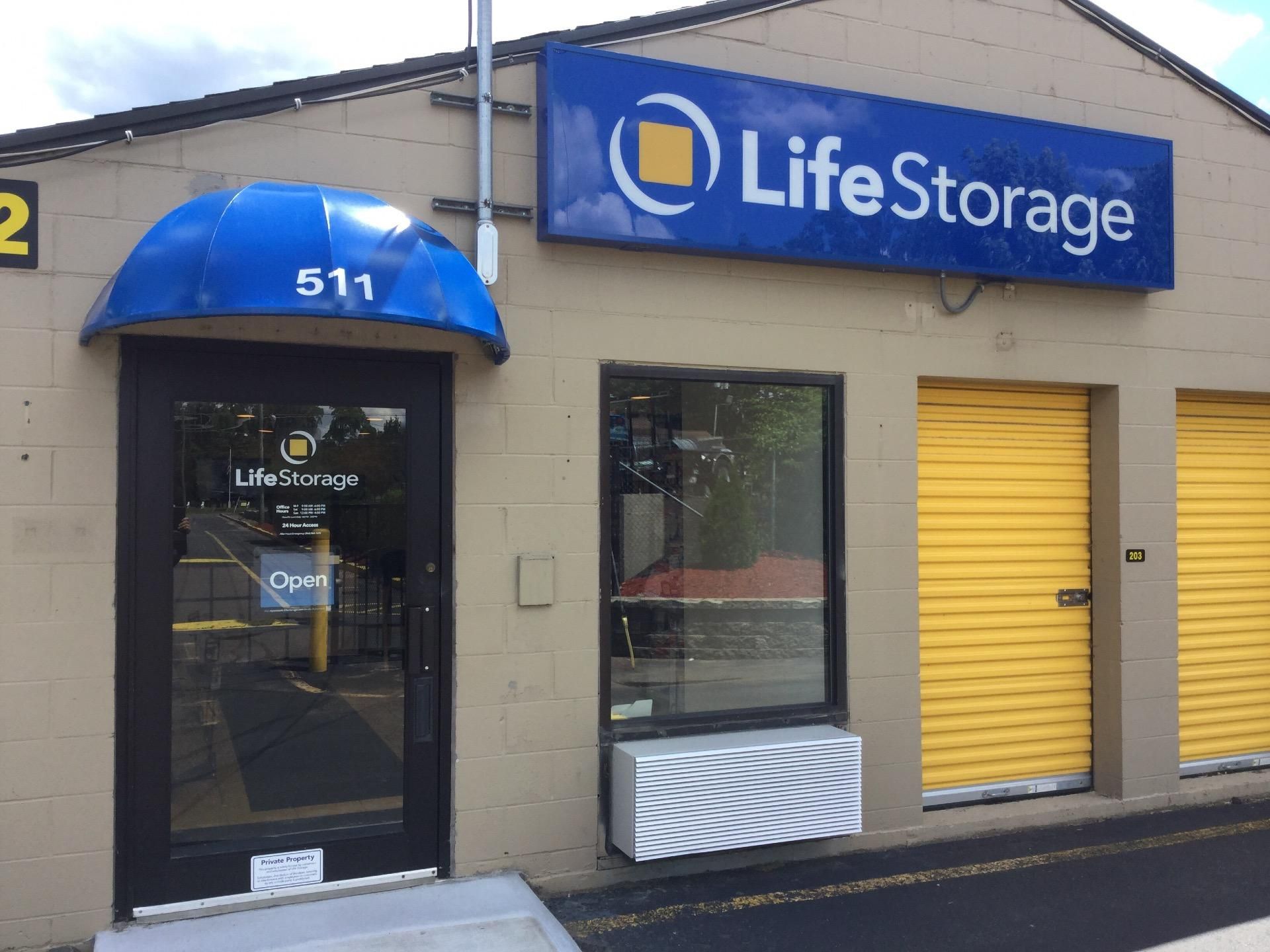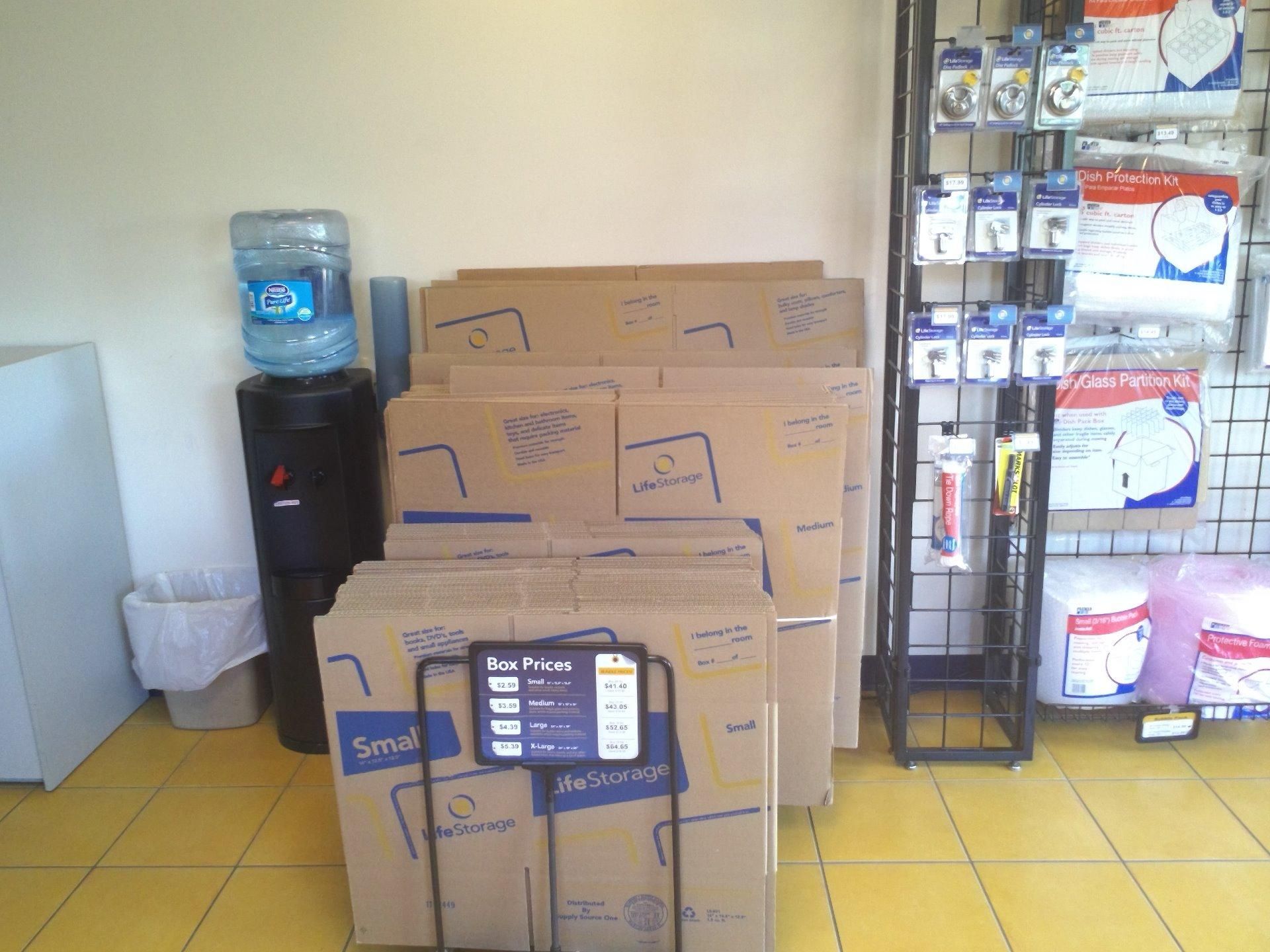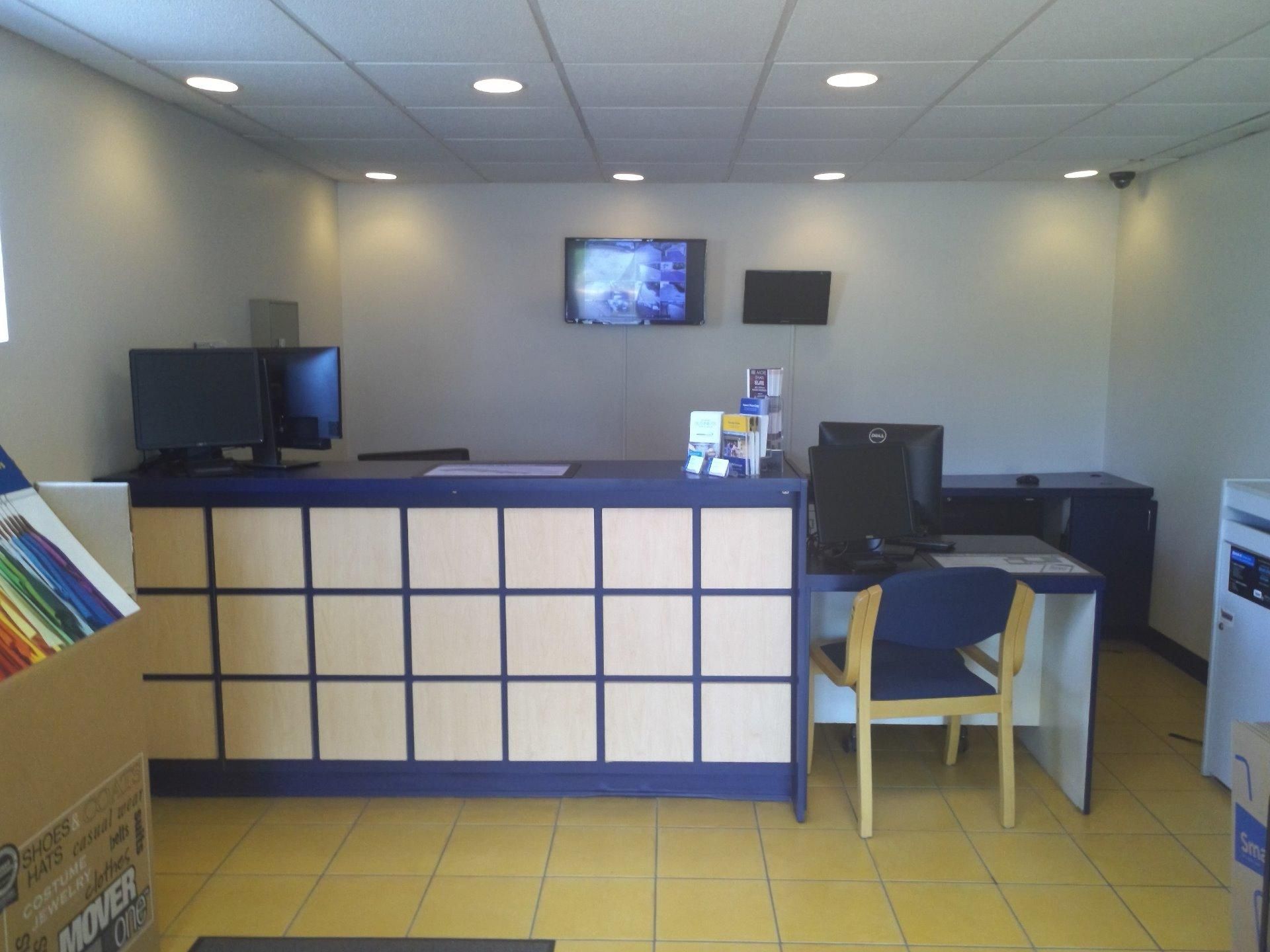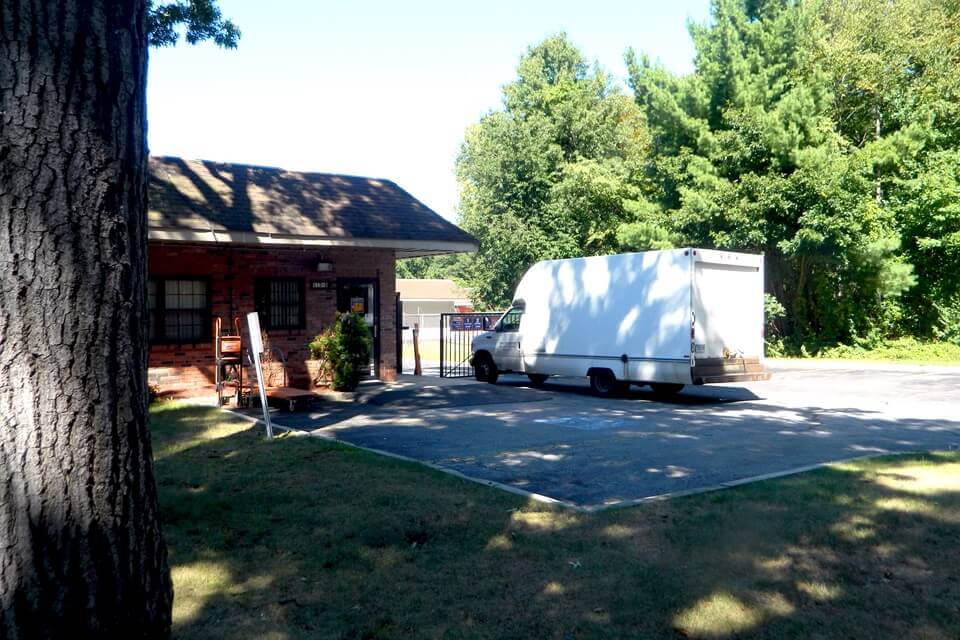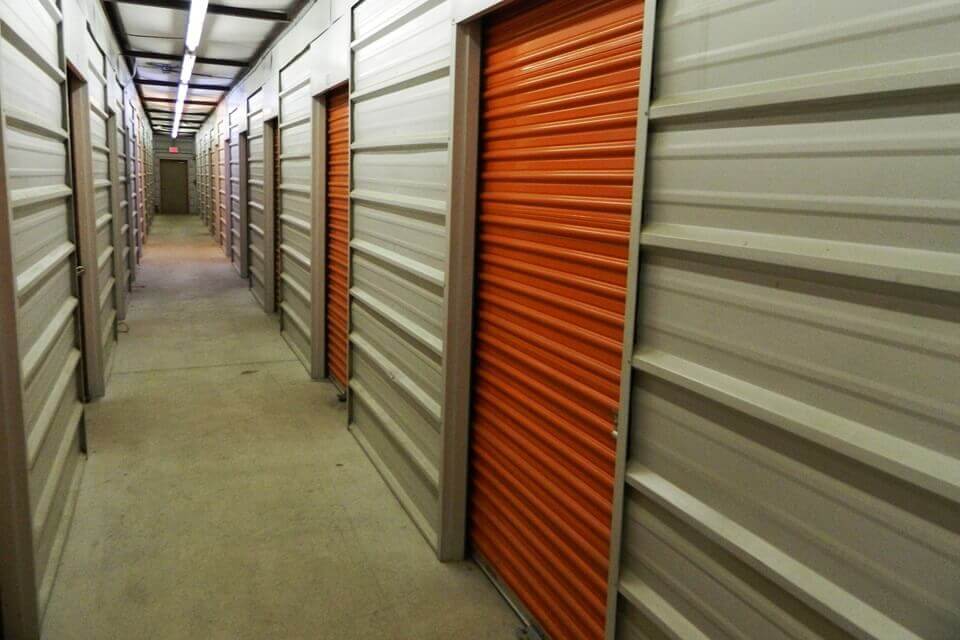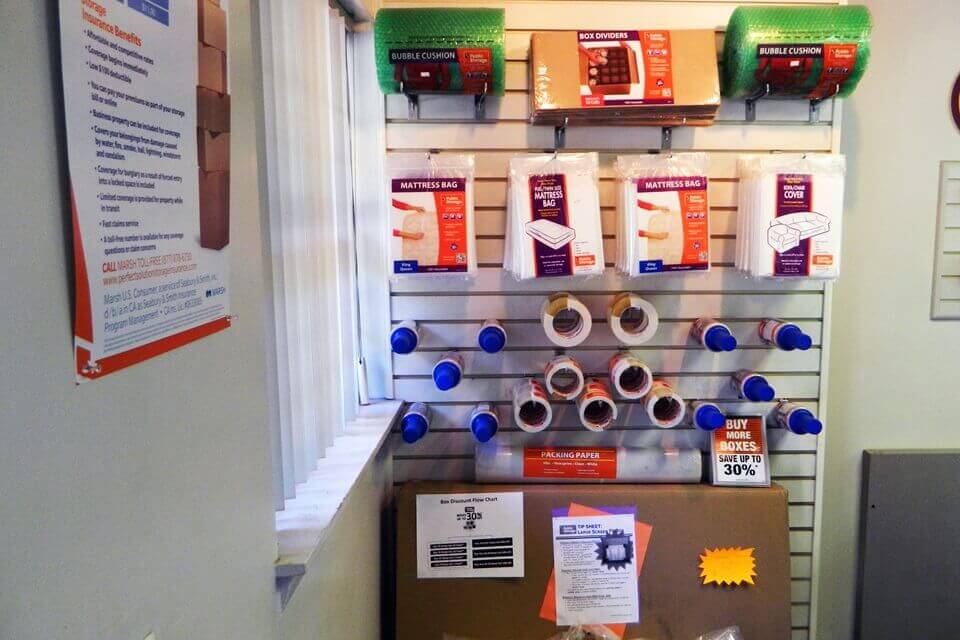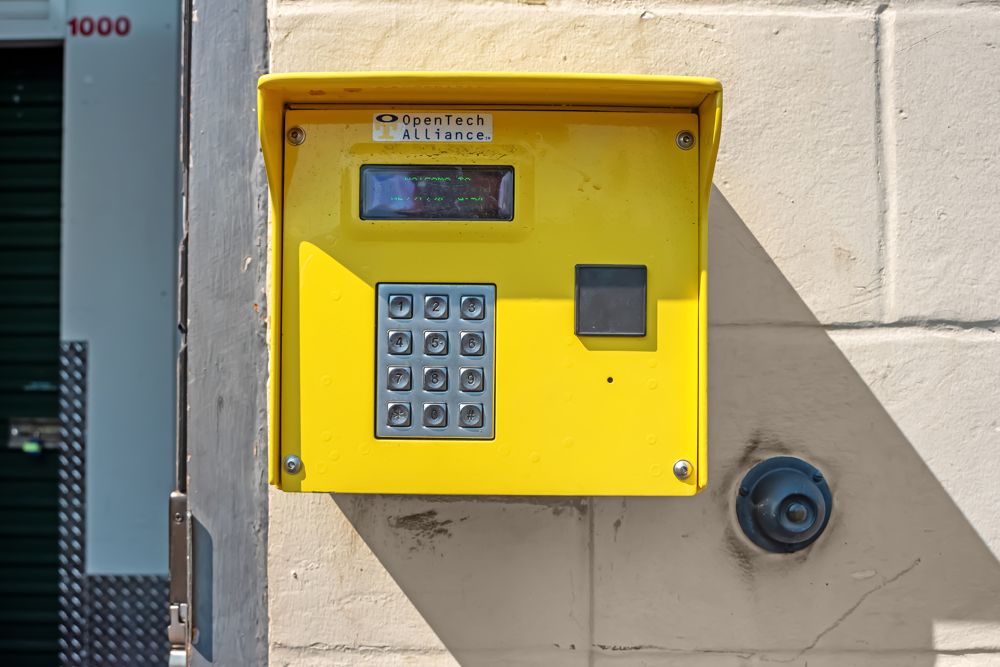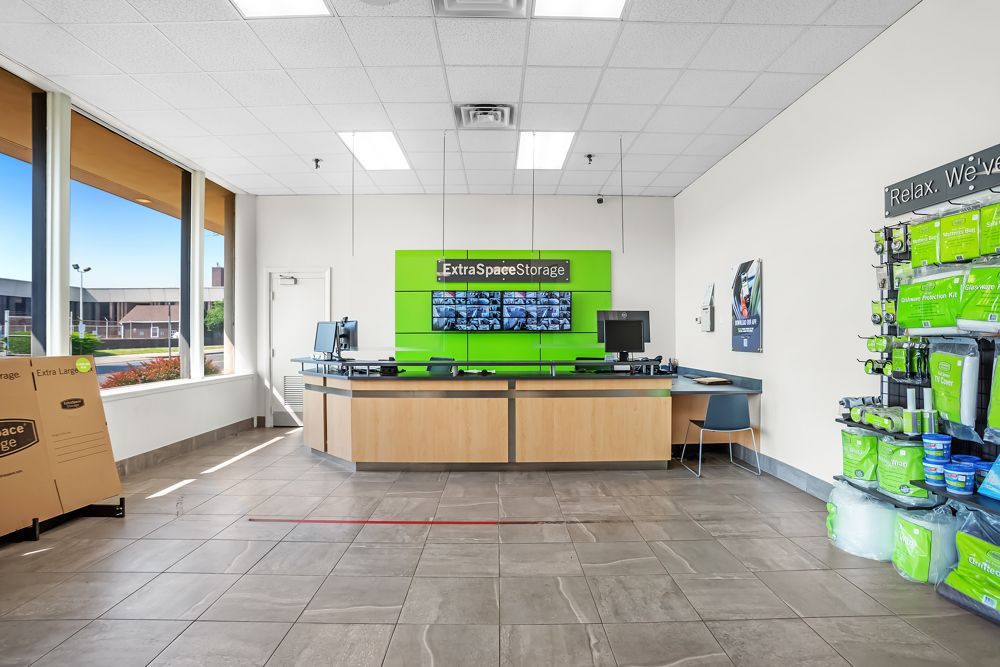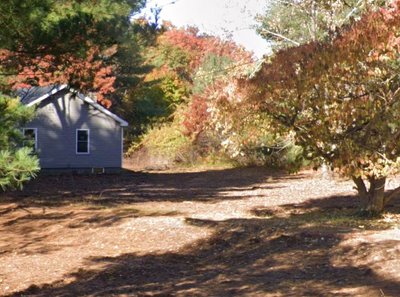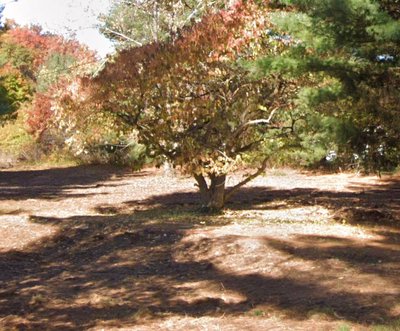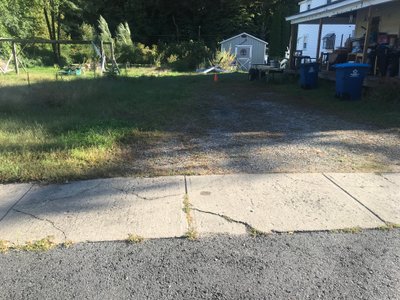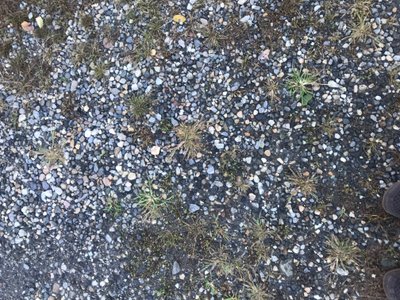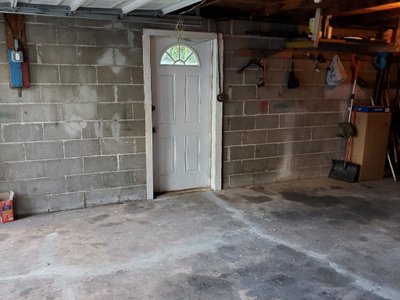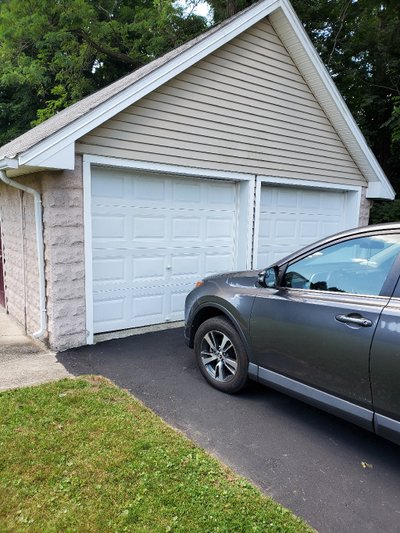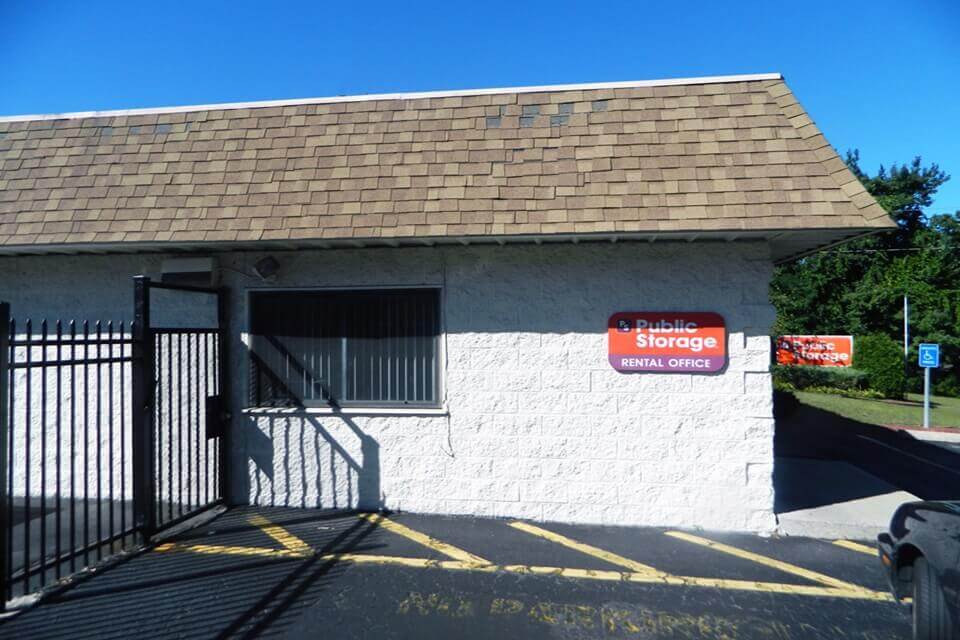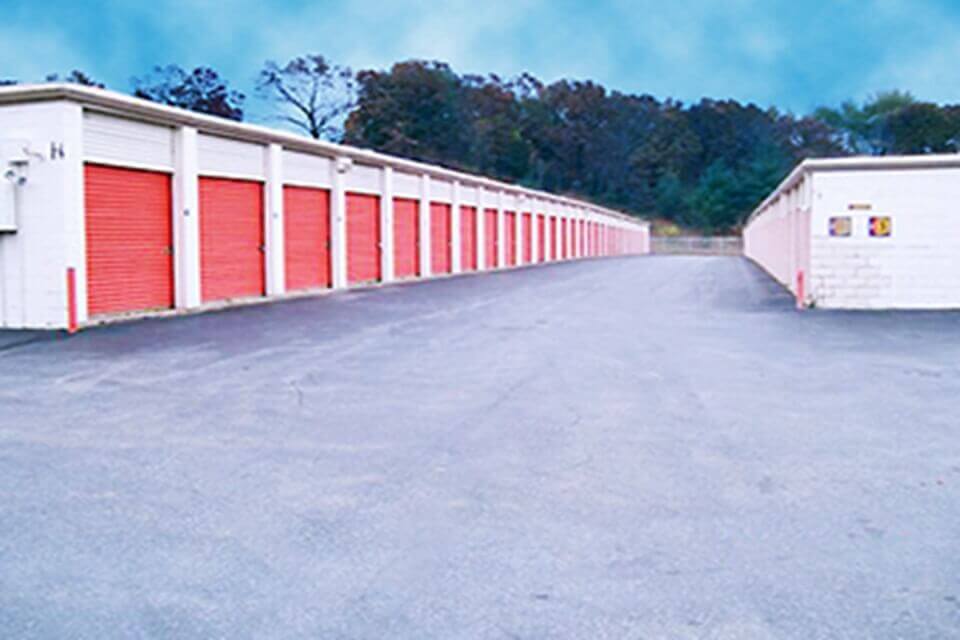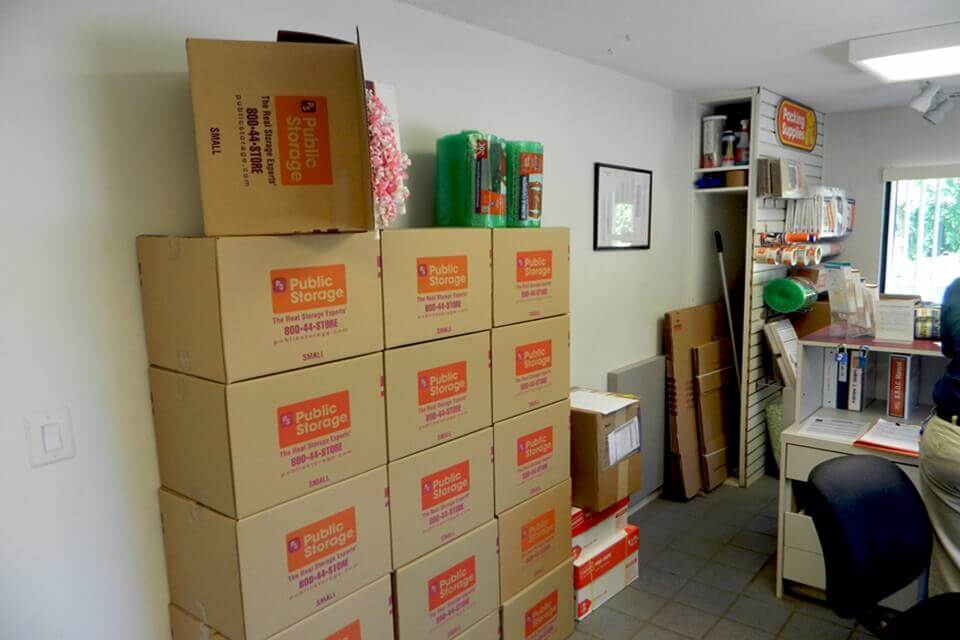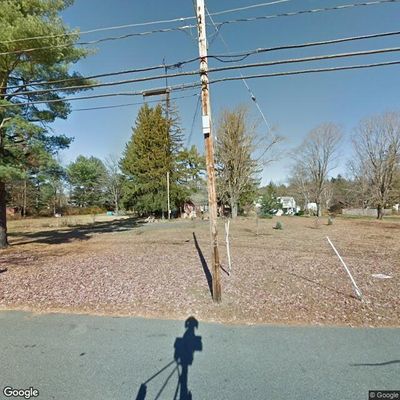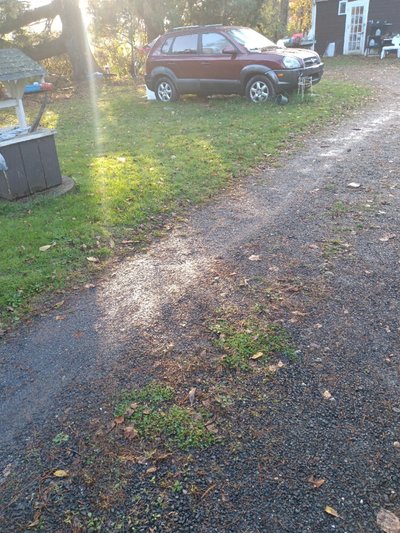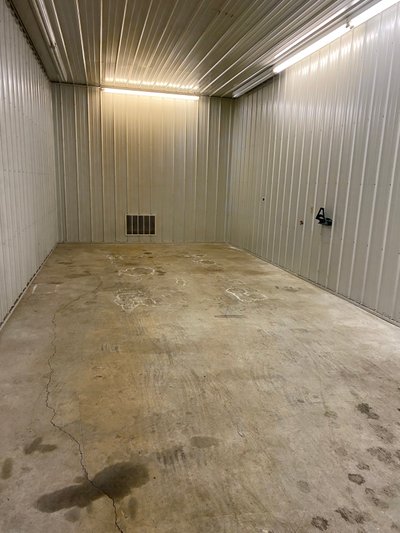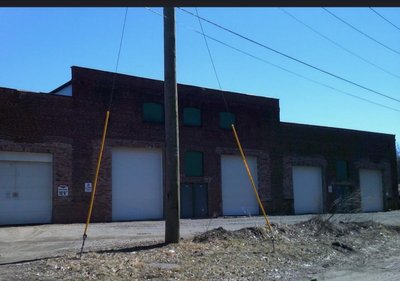What renters in Agawam say
4.8
(375)
Verified reviews
The Neighbor rating for RV storage hosts in Agawam is a rating based on verified reviews from our comunity of renters who have booked with these hosts to meet their storage needs. Last updated June 2025
Large travel trailers & motorhomes
Average price for RV storage is $190, with discounts for first month.
Driveway spaces are 62 feet long and 16 feet wide on average.
3 locations have reviews, offering a variety of features like cameras.
Cheap prices: Starting at $62
Find nearby storage locations
Recommended storage options by RV type

Class A Motorhomes
Outdoor storage
Due to their large size, outdoor or covered storage is often necessary to accommodate the length and height of Class A motorhomes.

Class B Motorhomes
Indoor or outdoor storage
Class B motorhomes, with their compact size, can often fit into indoor storage with height and length restrictions.

Class C Motorhomes
Outdoor storage
Class C motorhomes typically have a size that only allows for outdoor storage options.

Travel Trailers
Indoor or outdoor storage
The storage needs of travel trailers can vary depending on their size. Smaller travel trailers can often fit indoors, while larger models may require outdoor storage.

Fifth Wheels
Outdoor storage
Due to their taller height and substantial length, fifth wheels generally require outdoor storage arrangements.

Toy Haulers
Outdoor storage
Similar to fifth wheels, toy haulers typically necessitate outdoor storage due to their larger size.

Small Campers
Indoor or outdoor storage
Small campers, being more compact, can often fit into indoor storage units with size restrictions.

Pop-up Trailers
Indoor or outdoor storage
Pop-up trailers, also known as folding campers, typically have a collapsible design that allows for easy towing and storage. They can often fit into indoor storage units.

Truck Campers
Indoor storage
Truck campers, designed to be mounted onto a pickup truck bed, can usually fit indoors which helps protect the camper from the elements and provides added security.
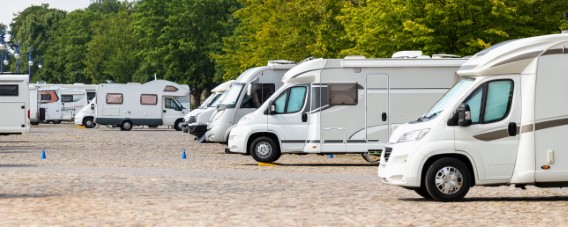
Can’t find what you’re looking for?
Search the nation’s largest storage marketplace to find convenient RV storage near you.
See more RV storageTips to prepare your RV for storage
Properly preparing an RV for short or long-term storage prevents damage, maintains its value, saves on costs and makes pick-up easier
Vehicle Parking and Storage in Agawam, MA
Select storage type
Explore RV storage in Agawam, Massachusetts
What is the best RV storage option for you?
Compare the benefits of uncovered outdoor RV storage, covered outdoor RV storage, and indoor RV storage
Uncovered Outdoor RV Storage
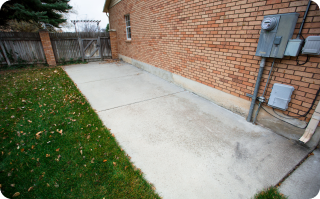
Outdoor storage on residential or commercial properties, such as driveways & unpaved lots
Covered storage is typically slightly more expensive than uncovered storage in Agawam
Covered Outdoor RV Storage
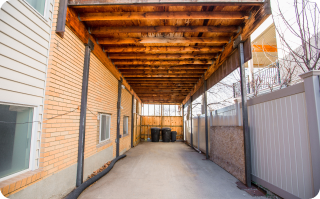
Residential & commercial carports offer an additional layer of protection for your RV
Nearby cities have a similar amount of hosts that are part of our Top Host program compared to Agawam
Indoor RV Storage
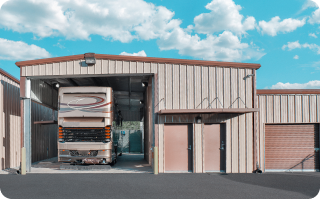
Indoor RV storage units offer additional protection but can come at a steep price
Enjoy savings as hosts offer first-month discounts on over 10% of indoor RV storage spaces in your area
Additional Massachusetts RV storage locations
Alternative RV Storage Facilities near Agawam
Neighbor is the largest storage and parking marketplace in the U.S., making it easy to compare trusted facilities and neighborhood options in Agawam. Below are more storage facilities in your area you might like.
Need RV storage in Agawam?
Neighbor is the world’s largest parking marketplace. Call for rates or search online for the cheapest, closest, and safest parking spaces.
(844) 446-0746


